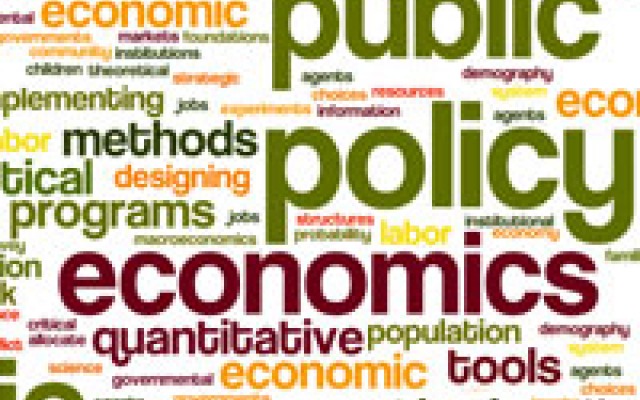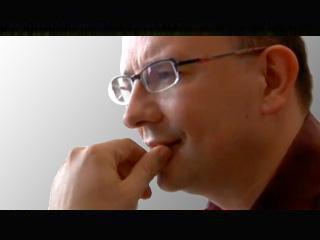study
New master in Economics of Public Policy added to BSE academic offer

Beginning in the 2012-13 academic year, the Barcelona School of Economics (BSE) will offer a new master program in Economics of Public Policy. In addition to welcoming students with an Economics background, the master is designed for students from a variety ofacademic backgrounds including social sciences, government, and business administration who want to study public policy through the lens of economic theory and quantitative methods.
The Economics of Public Policy Program's courses will provide students with the tools of economic and quantitative analysis used in public policy design and evaluation. Courses include:
|
|
"Our aim is to combine theoretical foundations with a command of empirical tools and an understanding of institutional structures," says Prof. Nezih Guner (ICREA-MOVE, UAB and BSE), director of the new public policy master. "The academic community in Barcelona provides us with an excellent faculty to achieve this goal."
The Economics of Public Policy master draws on the expertise of BSE affiliated professors to form the core of its teaching faculty. They include Profs. Caterina Calsamiglia (UAB and GSE), Joan M. Esteban (IAE and GSE), and Gabrielle Fack (UPF and GSE). Research and teaching interests for the faculty include: labor economics, public economics, political economy, economics of education, family economics, income distribution, and quantitiave methods. Guest professors will join the faculty as well, including Profs. Manuel Arellano (CEMFI), Gosta Esping-Anderson (UPF), Giacomo de Giorgi (Stanford University) and Olympia Bover (Bank of Spain).
Prof. Guner's research focuses primarily on family economics. In a talk he gave at TEDxBarcelona in late November this year, Prof. Guner discussed how economics can be used to model changes in family structure and to design optimal public policy responses to these changes.
"Economics can help us answer many questions. Why did household and family strucure change so much in recent decades? How do taxes affect female labor force participation? Why is the fertility rate so low in Spain, or Italy, or Germany? We can apply economic tools to build, solve and simulate models of household behavior. We can then use those models as a laboratory for policy experiments," Prof. Guner said in his TED talk.
Such experiments can help policymakers identify successful policy choices, a skill that students in the new public policy master program will work to develop. "On average OECD countries use about 20% of their GDP on public social spending, so it's very important to know which policies will work and which ones won't. Successful public policies can make a difference for the lives of millions," Prof Guner said. "The Economics of Public Policy master has an applied focus, and our graduates will be developing skills needed by international organizations, government agencies, consulting firms, and research institutions that deal with public policy design and evaluation."
Applications for the 2012-13 master programs opened in November and will remain open until all places have been filled. Interested candidates can request master program information.

Prof. Nezih Guner (ICREA-MOVE, UAB and BSE), director of the master in Economics of Public Policy, spoke on family economics at TEDxBarcelona in November 2011.
